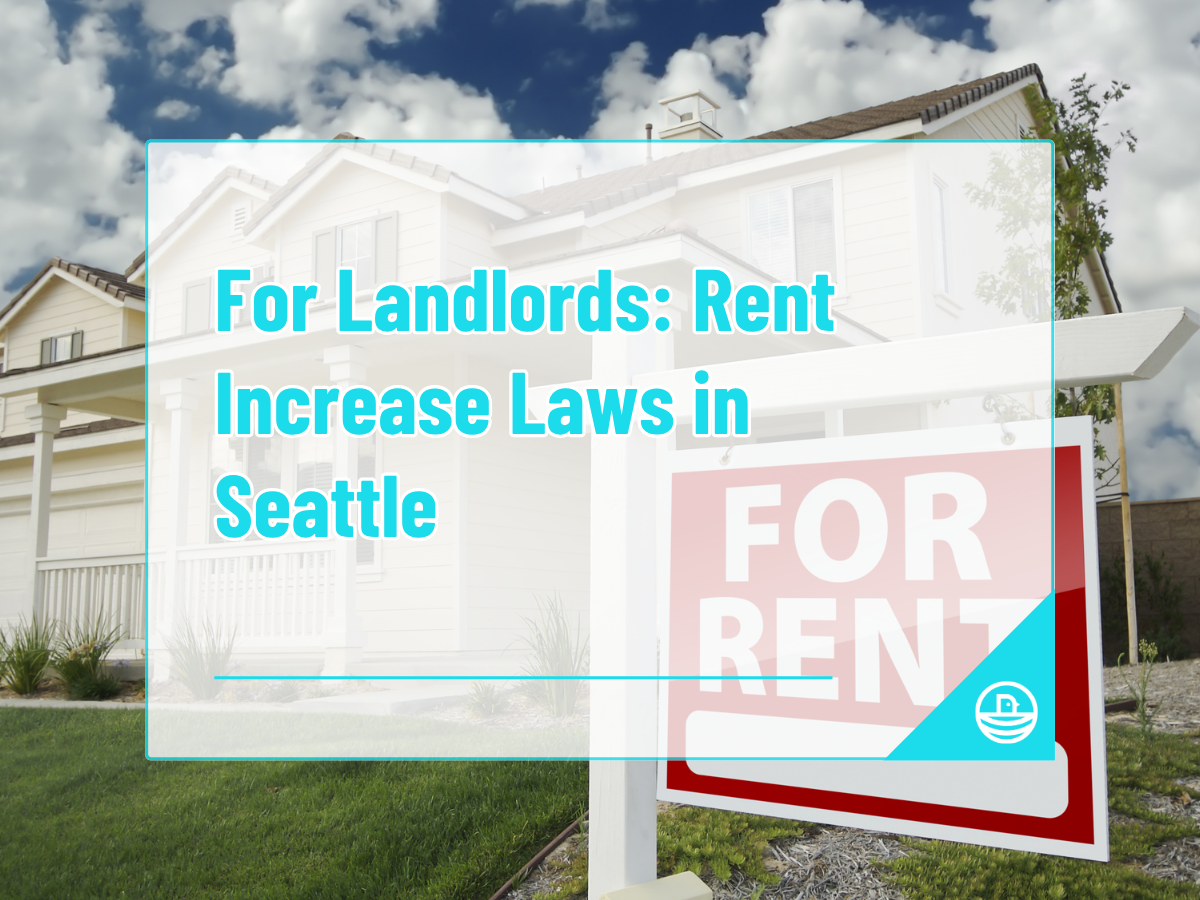For Landlords: Understanding the Notice to Quit in Seattle
Introduction
For landlords operating in Seattle, understanding the legal framework of a notice to quit is essential. This is particularly pertinent in a city where rental laws can be complex and tenant rights are strongly protected. Seattle's housing market is characterized by a high demand for rental properties, which can lead to challenging situations for landlords who must navigate the intricacies of local regulations while also managing their investment properties.
By knowing the correct procedures and implications of issuing a notice to quit, landlords will avoid legal pitfalls and ensure a smooth transition should they need to end a tenancy. This article outlines the key components of a notice to quit in Seattle, detailing the necessary steps and the rights and responsibilities of both landlords and residents.
Additionally, landlords need to stay informed about any changes in local laws, as Seattle frequently updates its housing regulations to better protect tenants, which can impact how notices to quit are issued and enforced.
Landlords should be aware that the timing and delivery method of a notice to quit can affect its validity. In Seattle, a notice must typically be served in person or via certified mail, and it must adhere to specific timeframes depending on the reason for the eviction. For instance, a 14-day notice is required for non-payment of rent; a 10-day notice would be issued for other lease violations, and a 60-day notice is required if the landlord wishes to end a lease when it expires.

What is a Notice to Quit in Seattle?
A notice to quit in Seattle is a legal document issued by a landlord to terminate a rental agreement. It is often a precursor to eviction proceedings, signaling to the tenant that they must vacate the rental property. Generally, it outlines the reasons for termination and specifies the time frame within which the tenant must leave.
A notice to quit is not an eviction notice. Instead, it serves as a notification that an eviction may occur if the tenant fails to comply with the request to vacate. This legal distinction is vital as it affects the subsequent processes involved in the landlord-tenant relationship.
Reasons for Issuing a Notice to Quit
Several reasons may necessitate issuing a notice to quit, including:
- Non-payment of rent
- Violation of lease terms
- End of the lease term without renewal
- Destructive behavior affecting other tenants
Each reason may have procedural requirements for issuing a notice to quit, which landlords must understand to ensure compliance with Seattle's housing laws.
The Process of Serving a Notice to Quit
First, landlords should prepare the document, including details such as the tenant’s name, the property address, and the specific reasons for termination.
Once the document is prepared, it must be served to the tenant in a legally acceptable manner. In Seattle, this can be done through:
- Personal delivery to the tenant
- Posting the notice on the property and mailing it
- Sending it via certified mail
Landlords are required to keep records of the service, for their records, since this documentation may be necessary if an eviction proceeding follows.
Timeframes and Regulations
The timeframe for tenants to respond to a notice to quit varies based on the reason for the notice. Understanding these timeframes ensures that landlords can act swiftly, yet legally, during the notice period.
Resident Rights and Responsibilities
Tenants in Seattle have rights protected by local laws, including the right to a habitable living condition and the right to due process regarding eviction procedures. Residents also have responsibilities, such as paying rent on time and complying with lease terms. If they receive a notice to quit, they must take it seriously and respond appropriately.
They can contest a notice to quit if they believe it was issued unjustly, which may involve legal assistance. By knowing their rights and being proactive, tenants can protect themselves against wrongful eviction.
Navigating Legal Options
If tenants feel that their notice is not justified, they have several options:
- Contacting a local tenant association for support
- Seeking legal counsel to understand their rights
- Responding in writing to the landlord
Being informed and asserting their rights can help tenants maintain their living situation while also enabling landlords to resolve disputes amicably.
Landlord Rights and Responsibilities
Landlords are entitled to receive rent on time and enforce lease agreements. However, they also have a duty to act in good faith and comply with housing laws. Failing to adhere to legal requirements when issuing a notice to quit can lead to significant repercussions.
Additionally, landlords must respect tenant privacy and ensure that any entries into the property are justified and follow legal guidelines. Understanding this balance between rights and responsibilities fosters a respectful landlord-tenant relationship, reducing the likelihood of disputes.
Communicating Effectively with Tenants
Effective communication with tenants can often prevent misunderstandings. Regular check-ins and clear explanations regarding lease terms build trust and facilitate smoother interactions. If a situation arises that may necessitate a notice to quit, open dialogue can sometimes lead to a resolution without the need for formal eviction proceedings.
Final Thoughts: Notice to Quit in Seattle
Understanding the notice to quit in Seattle is vital for landlords. It encompasses not just the mechanics of serving the notice, but also the implications for both the landlord and the tenant. By knowing their legal obligations related to notice to quit, landlords can avoid legal disputes and create a better rental experience for all parties involved.
As laws and regulations can change, staying informed about current housing policies in Seattle will further equip landlords to handle tenancy issues effectively. Whether considering long-term investments or understanding tenant rights, knowledge is truly empowering in the complex landscape of rental agreements.
Ready to make your passive income truly passive? Contact our local property management team today!













